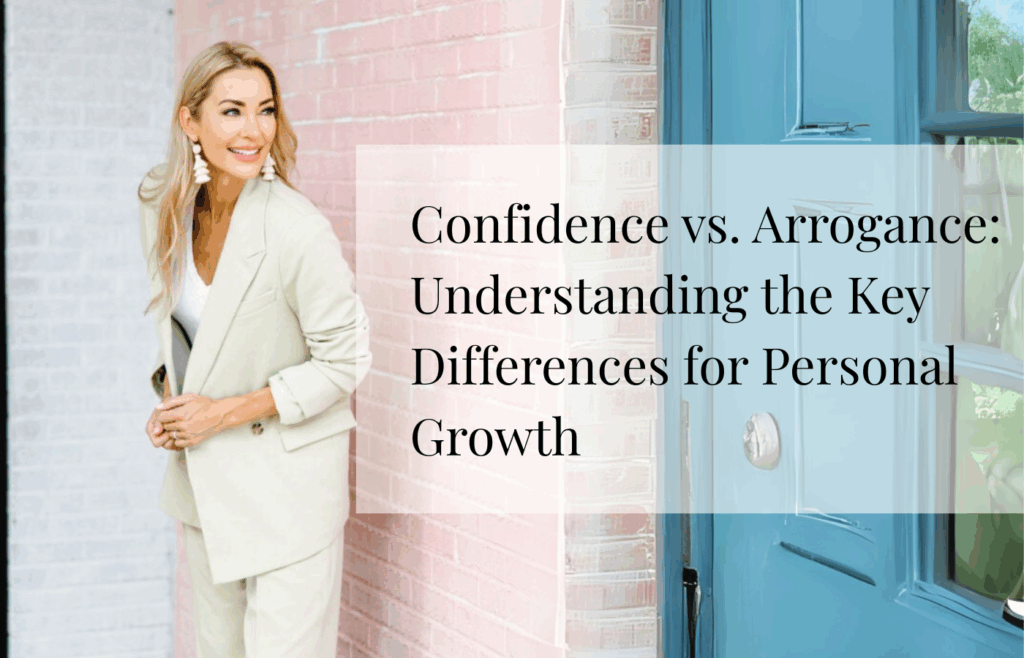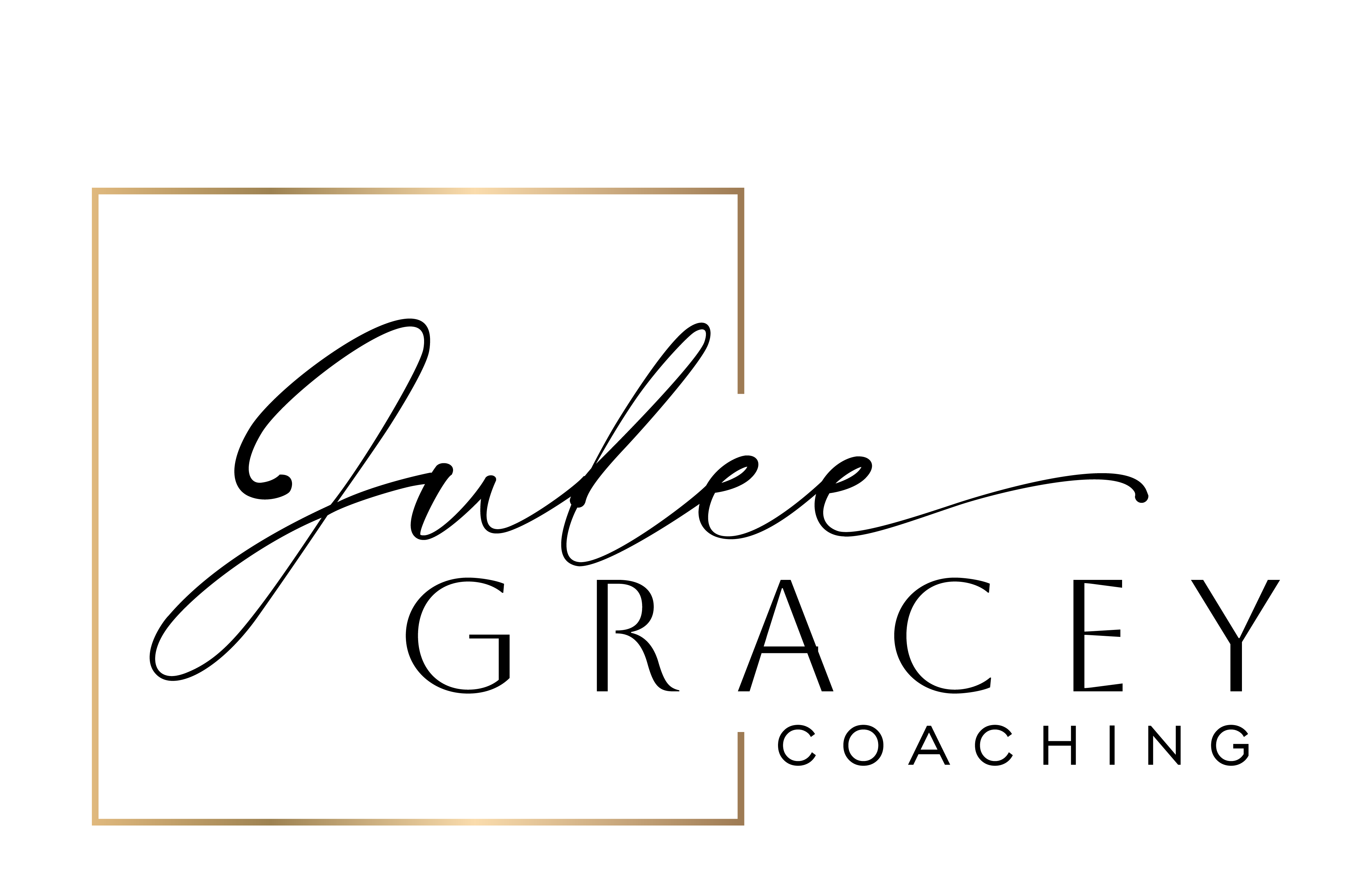Confidence vs. Arrogance: Understanding the Key Differences for Personal Growth
You know that person who walks into a room like they own the place—chest out, head high, big grin? You’re either thinking, “Wow, they’re confident!” or “Okay… calm down, Beyoncé.” Welcome to the fine line of confidence vs arrogance. Let’s unpack what really separates the two—because knowing the difference isn’t just good manners, it’s key to real personal growth.

Defining Confidence and Arrogance
Let’s start simple.
Confidence is knowing your worth without needing to broadcast it from a rooftop. It’s that “I got this” vibe that makes people lean in.
Arrogance, on the other hand, is the loud cousin of confidence—usually masking a big ol’ bucket of insecurity.
The American Psychological Association defines self-confidence as “a belief in one’s ability to succeed.” Meanwhile, arrogance often shows up as an exaggerated sense of importance, entitlement, or superiority.
So, confident = grounded. Arrogant = inflated. Big difference.
The Psychological Foundations of Confidence
Real, healthy, highly confident people aren’t born—they’re built. Confidence grows through experience, skill-building, and resilience.
In fact, a study published in the Journal of Personality and Social Psychology found that self-efficacy, or the belief in our ability to achieve goals, directly boosts confidence levels over time.
Translation? The more you do hard things and survive, the more confident you become.
The Roots of Arrogance: Understanding Insecurities
Ironically, arrogance usually sprouts from insecurity. Shocking, right?
A study from the Personality and Social Psychology Bulletin found that individuals who come off as arrogant are often compensating for low self-esteem source.
Basically, arrogance is like slapping glitter on a wound—it looks flashy, but it’s not healing anything.
Key Differences Between Confidence and Arrogance
| Trait | Confident | Arrogant |
| Believes in abilities | ✅ | ✅ (but exaggerated) |
| Respects others | ✅ | ❌ |
| Open to feedback | ✅ | ❌ |
| Seeks growth | ✅ | ❌ |
| Needs validation | ❌ | ✅ |
If you’re truly confident, you lift others up. If you’re arrogant, you need others to be beneath you to feel tall. Yikes.
How Confidence Enhances Personal Growth
Want to know how to build confidence that actually fuels your growth? Start by trying, failing, learning, and trying again.
Confident people are more likely to set goals, take smart risks, and bounce back from setbacks. They don’t crumble under criticism—they get curious.
Studies show that highly confident individuals are more successful in leadership, relationships, and general well-being. Confidence isn’t just cute—it’s powerful.
RELATED: Confidence on Camera: The Secret to Making 10x More Sales Online
The Detrimental Effects of Arrogance on Relationships
Let’s be real—no one likes a know-it-all. Arrogance can:
- Sabotage trust
- Repel collaboration
- Erode empathy
- And oh yes—make you the last one invited to brunch
People don’t feel seen or valued around arrogance. And if you’re building a business or a dream? Connection is currency.
Recognizing Arrogance in Yourself and Others
If you’re wondering “Am I being confident or kinda… extra?”, ask yourself:
- Do I listen more than I speak?
- Can I accept feedback without spiraling?
- Do I celebrate others’ wins or secretly compete?
If someone else is constantly name-dropping, dismissing others, or hijacking conversations—they may not be confident… just overcompensating.
Cultivating Genuine Confidence: Strategies for Growth
Here’s how to gain confidence that sticks (and doesn’t morph into arrogance):
- Know your strengths—but stay teachable
- Celebrate small wins daily
- Surround yourself with honest, uplifting people
- Learn to take a compliment—without explaining it away
- Invest in your growth (hello, coaching & courses 👋)
Want next-level confidence? Put in the reps, baby. It’s just like a muscle.
The Role of Self-Awareness in Distinguishing Confidence from Arrogance
The key to walking that confident-not-cocky line? Self-awareness.
According to Harvard research, only 10–15% of people are truly self-aware—despite 95% thinking they are.
So take time to reflect. Journal. Check in. Confidence thrives in clarity.
Conclusion: Embracing Confidence for a Fulfilling Life
True confidence doesn’t need a mic drop—it’s already making an impact.
So whether you’re stepping on stage, launching a biz, or just speaking up in that Zoom meeting, build confidence that’s real, respectful, and rooted in growth.
Arrogance might look shiny, but confidence? It shines from within—and that glow never fades.






